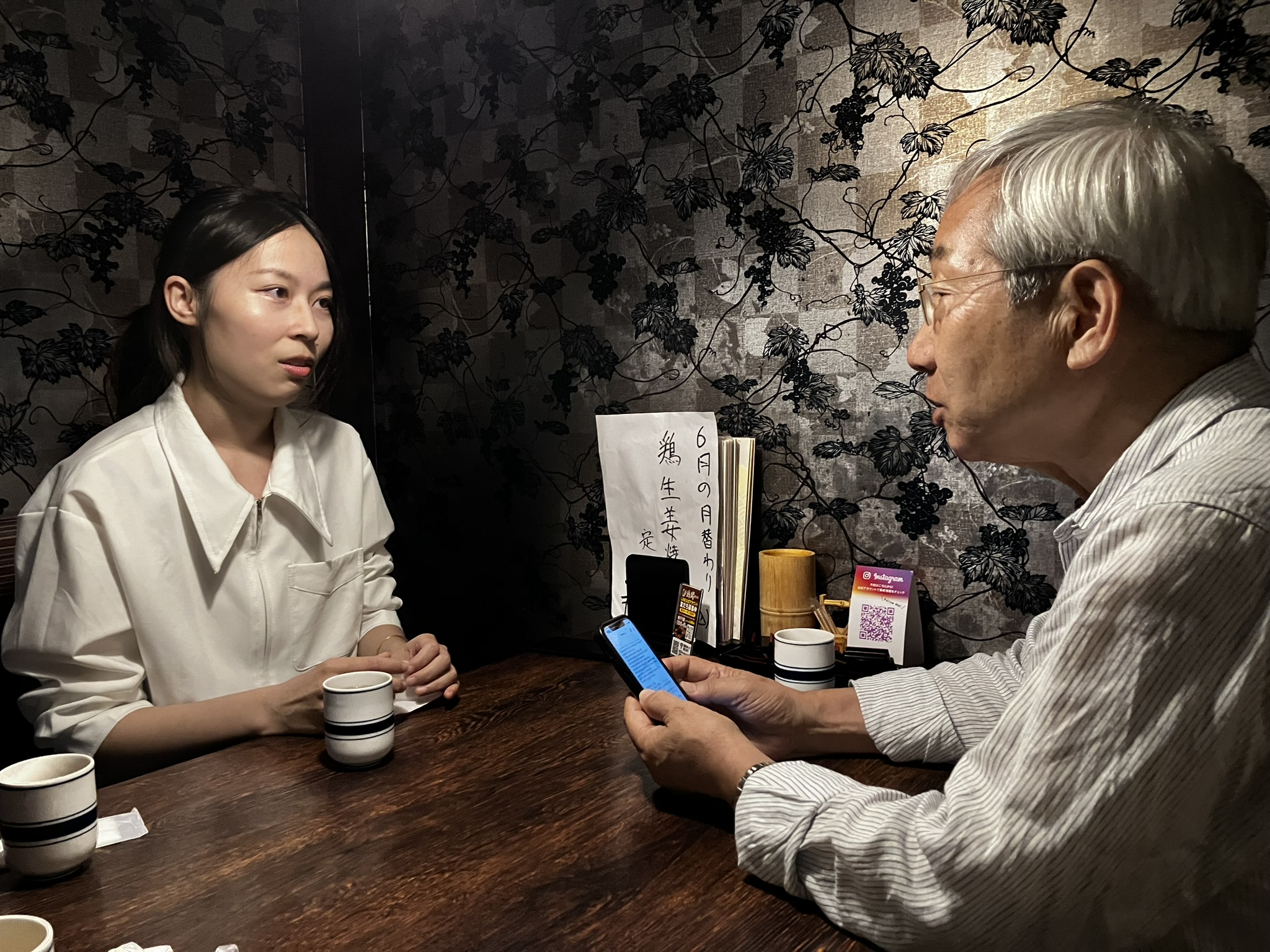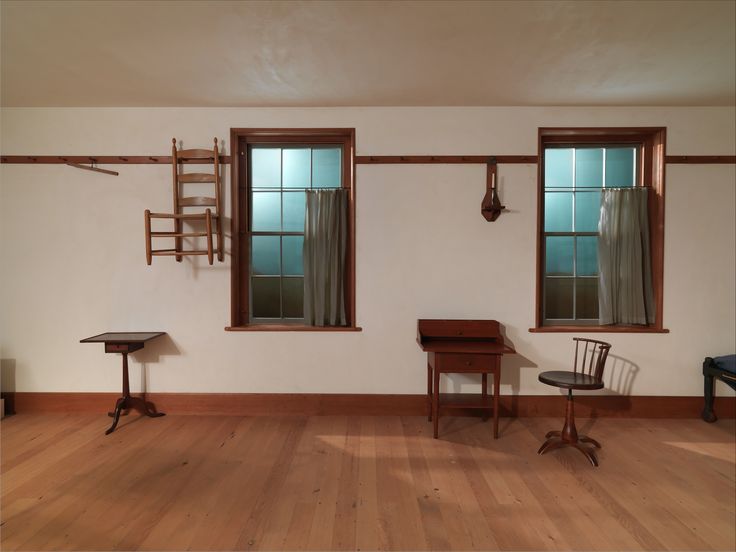Interviewer: Linxi Chen

Chen: Today I’d like to talk about minimalism. Minimalism started as an art movement in the realm of western art after the end of World War II. This movement dramatically affected later generations.
When you hear the word “minimalism”, what do you think of?
Mende: Minimalism is also used in the world of music. Well, I picture minimalists who prefer things simple or straightforward. Are you a minimalist?
Chen: Technically speaking, I am not a minimalist right now, but I would like to become a minimalist.
The term “minimalist,” refers to someone who practices minimalism—a lifestyle centered on living with the bare essentials. In Japanese, it’s also expressed as “最小限主義者” (saishougen shugi sha), which translates directly to “minimalist.” This concept involves simplifying one’s life by reducing material possessions. My understanding of a minimalist is “someone who simplifies complex things, seeking a better way of being while maintaining a comfortable state both materially and mentally, and continues this lifestyle keeping themselves simple.”
In the real world, the ideal scenario would be being light enough to carry all your essentials in just one suitcase and a bag, with the freedom to always be ready to do whatever you want. I think the reason this kind of thinking emerged is the result of experiences throughout my life. When I was a child, I was often told at home and school that ‘frugality is a virtue.’ Growing up, we lived in a large house and the number of things just kept increasing.
Mende: Is that right? I thought, “frugality is a virtue” was a concept unique to Japan, but it is also valued in China.
Chen: “Yes, even in elementary school textbooks, there were poems and writings about saving resources. Later in life I have encountered various things, gained knowledge, and developed many of my own ideas. For example, when I worked part-time at a funeral home, seeing death up close made me start thinking about planning my own end-of-life. Additionally, things like the high cost of living in big cities, incredibly tiny homes that challenge human limits, and the influence of Japanese aesthetics and design on the world, all had a significant impact on me, especially after moving to Japan.
It is because of relationships like this between humans and their environment that I decided to become a minimalist. Although I’m still exploring minimalism now, my thoughts and ideas may change in the future.
Mende: Your ideas touch on some important aspects of minimalism. Now, to make things clear, Do you want to live in a tiny or cramped room? or a larger space, but keep it uncluttered? Do you not want any possessions? What about money? You don’t need a lot of money?
Chen: Personally, ‘small’ is a relative concept. Even if a house is large, if there are many things in it, people won’t feel that the house is big. On the other hand, if a house is small with few possessions, it can’t necessarily be called ‘cramped.’ I believe the most important thing is comfort and balance of space. The same goes for money—probably no one dislikes having money. What’s important is whether the amount of money you have can support your ideal lifestyle.

(Source: Shaker Retiring Room | The Metropolitan Museum of Art)
Mende: Interesting. I feel like I’m getting to know the philosophical side of you for the first time today.
Speaking of design, the idea in Japanese design of removing unnecessary elements aligns with the notion that minimalism is superior. It’s about eliminating unnecessary ornamentation. ‘Ornamentation’ refers to needless decoration. So for a designer, it’s about avoiding unnecessary embellishments.
In terms of interior design, I have always been impressed with the Shakers. The Shakers are a religious group and their interior design is incredibly simple and incredibly beautiful—whether it’s chairs or anything. The Shakers have influenced a lot of Japanese people.
Chen: I see. This is the first time I’ve ever heard of The Shakers.
Mende: As for my own lifestyle, I aim to be humble rather than minimal. When I hear the word ‘minimalist’, it somehow sounds a bit lofty. In terms of design, I align more with the spirit of simplicity.
I also think it would be good for you not to become too conceptual. Designers should first think about the happiness of others before themselves.
Chen: Our environment has a significant impact on each one of us. It’s difficult to capture true minimalism in a single word, but this applies to other philosophies as well. The most important thing is to appreciate and question the various definitions of the same philosophy. Rather than pursuing a strict definition, I think it’s better to combine one`s ideas based on that philosophy to create something new. In other words, innovation.
Finally, have you heard of the term ‘self-serving bias’? To put it simply, it refers to the tendency to attribute good things to oneself and bad things to environmental factors.
I believe that becoming a minimalist can change one’s personal and work life to some extent, but it doesn’t necessarily mean things will get better.
Now, I really don’t know what the right answer is. In the first place, what is the definition of ‘right answer’? So many questions are racing through my mind. Humans are an interesting bunch!
Thank you for today.









